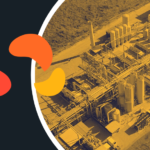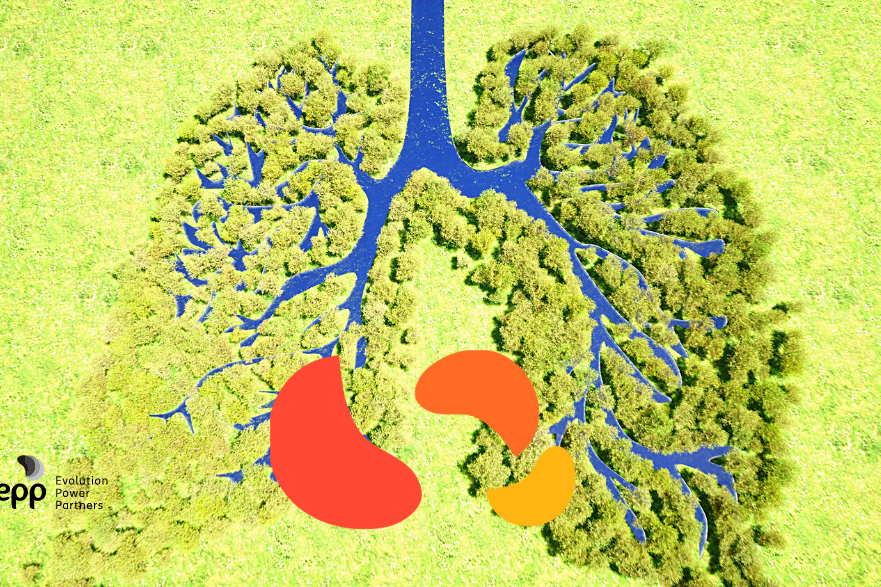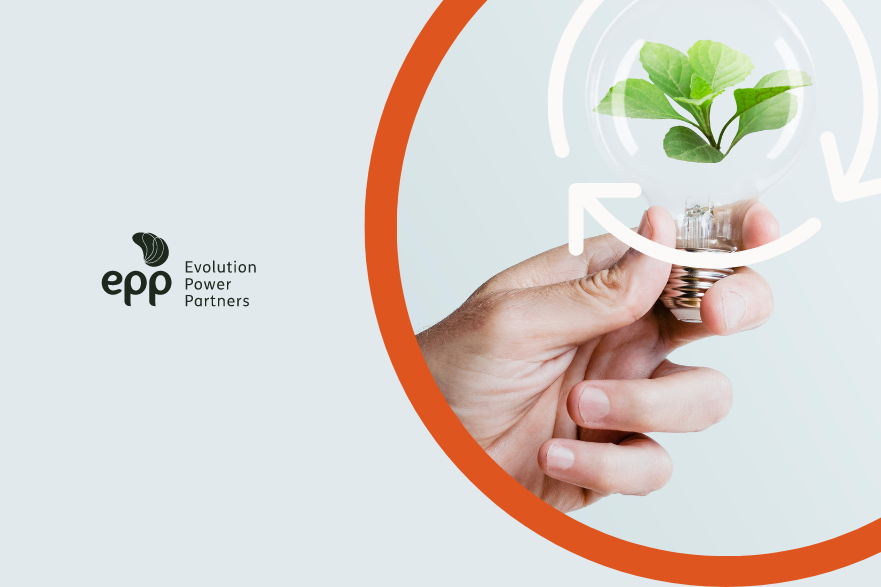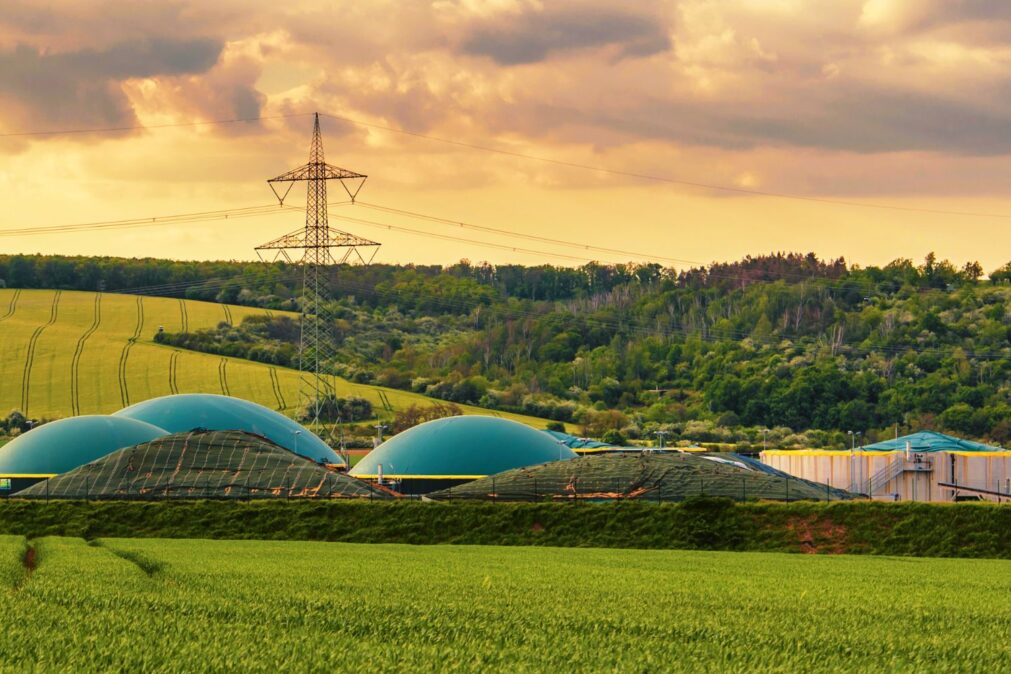The carbon market can yield US$ 100 billion to Brazil. Understand the regulations and the possibilities created with this project.
In order to decarbonize the energy matrix, many countries create a carbon market with the objective of allowing the purchase and sale of excess credit for emission reductions between companies or between companies and nations. This makes it easier for countries to meet their reduction targets.
Carbon market pricing has the potential to drive consumer and investor demand towards options that emit fewer greenhouse gases, stimulating investments in cleaner projects and technologies.
In Brazil, a Bill on the subject is being processed with the objective of creating a regulated market in the country, reducing bureaucracy, in addition to avoiding excessive transaction costs.
What is a carbon market and how does it work?
Carbon markets began to be formed in the world from the Kyoto Protocol, signed in 1997 by UN member countries. To help achieve the targets, countries that exceeded the protocol ceiling could acquire credits from countries that managed to reduce their pollution rate.
COP 26, the UN Conference on Climate Change, which took place in 2021, had as one of the main topics the regulation of the global carbon market. As a result, countries that have capped emissions beyond the target can sell this excess to other nations that are emitting more than expected.
By convention, one ton of carbon dioxide (CO2) corresponds to one carbon credit. In addition, the reduction in the emission of other gases, which also contribute to the greenhouse effect, can be converted into carbon credits, using the carbon equivalent concept.
The carbon market created by nations is called a regulated market. In other words, it operates with reduction targets to be compulsorily met by countries, cities, states and companies. Those who go over the cap can buy allowances — or credits — from those who emit below the cap or, depending on the instrument in force, may have to pay a tax on emissions.
In addition to regulated markets, carbon asset trading also takes place in voluntary markets. In other words, private entities can negotiate among themselves the values of the credits and the amount to be purchased. This type of market has been developing and attracting private companies that are signing commitments with the reduction society, regardless of whether it is a legal obligation.
The carbon market in Brazil
In November 2021, during COP 26, the Brazilian government signed a commitment to reduce greenhouse gas emissions by 50% by 2030 and neutralize carbon emissions by 2050.
The law that created the National Policy on Climate Change, in 2009, provided for the development of the Brazilian Emissions Reduction Market (MBRE), a financial compensation mechanism for those who instituted projects to reduce or remove so-called greenhouse gases.
Now, the bill (PL 528/21) — which proposes the regulation of this market — is ready to be voted on in the Chamber of Deputies. According to the project, carbon credits can be bought or sold by companies. The main pillars of the market must bet on decentralization, creation of new structures, organization of clearing systems and interaction with unregulated markets.
According to the Minister of the Environment, Joaquim Leite, the Brazilian government is working on a carbon market based on methane. The agricultural sector has shown interest in the carbon market due to the potential to generate credits through low carbon agriculture or even pasture recovery. In addition, the Minister cited the importance of the private sector in building a strong and well-developed national market.
According to a study by ICC Brasil, this market can bring up to US$ 100 billion to the country, but for this to happen, public and private companies need to come together and adapt their technologies, creating a national market, one that follow international standards.
Thus, it is possible to conclude that the carbon market in Brazil has great chances of developing, if only the regulation is approved and the government encourages actions. To read other content about the energy market, visit the blog.






